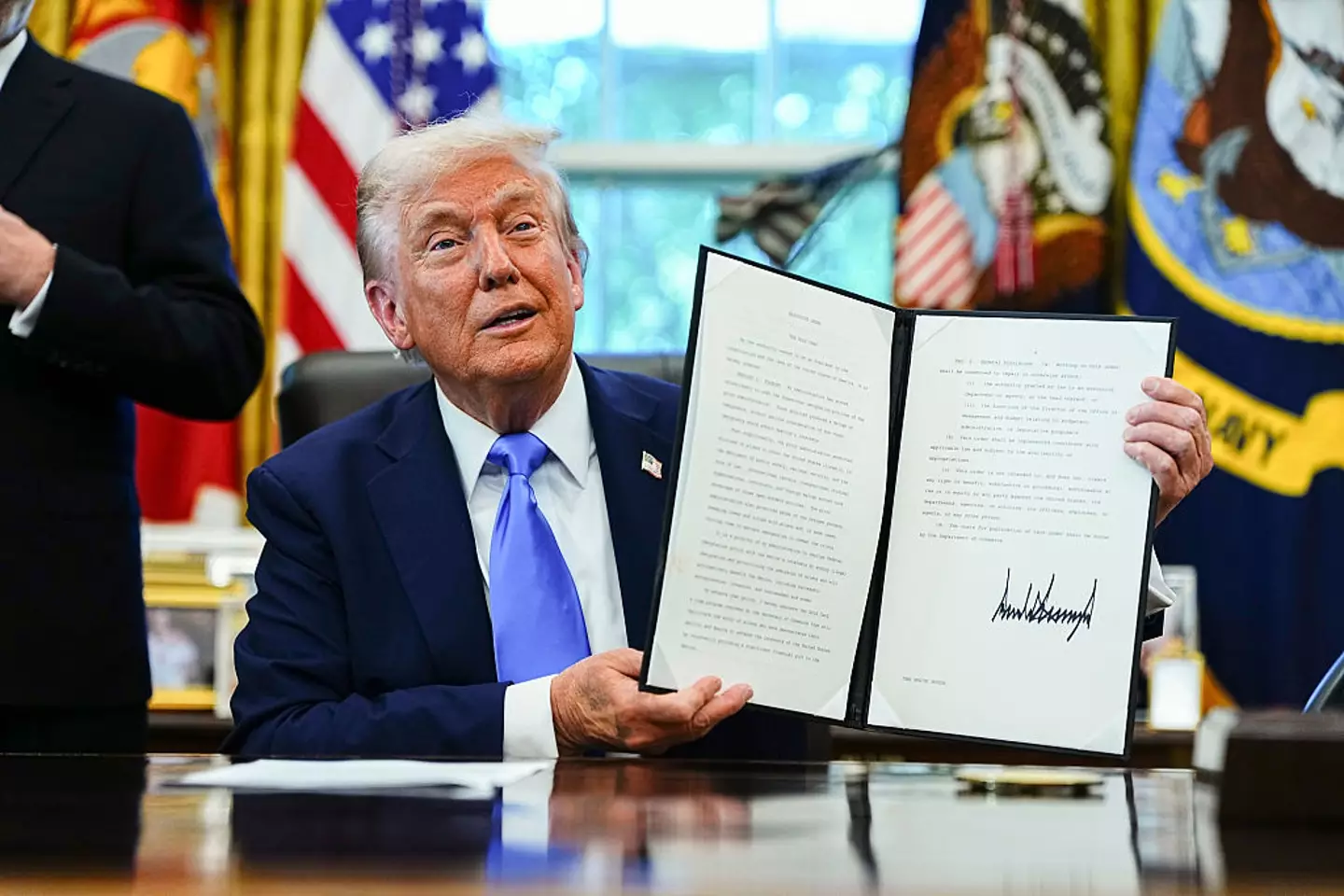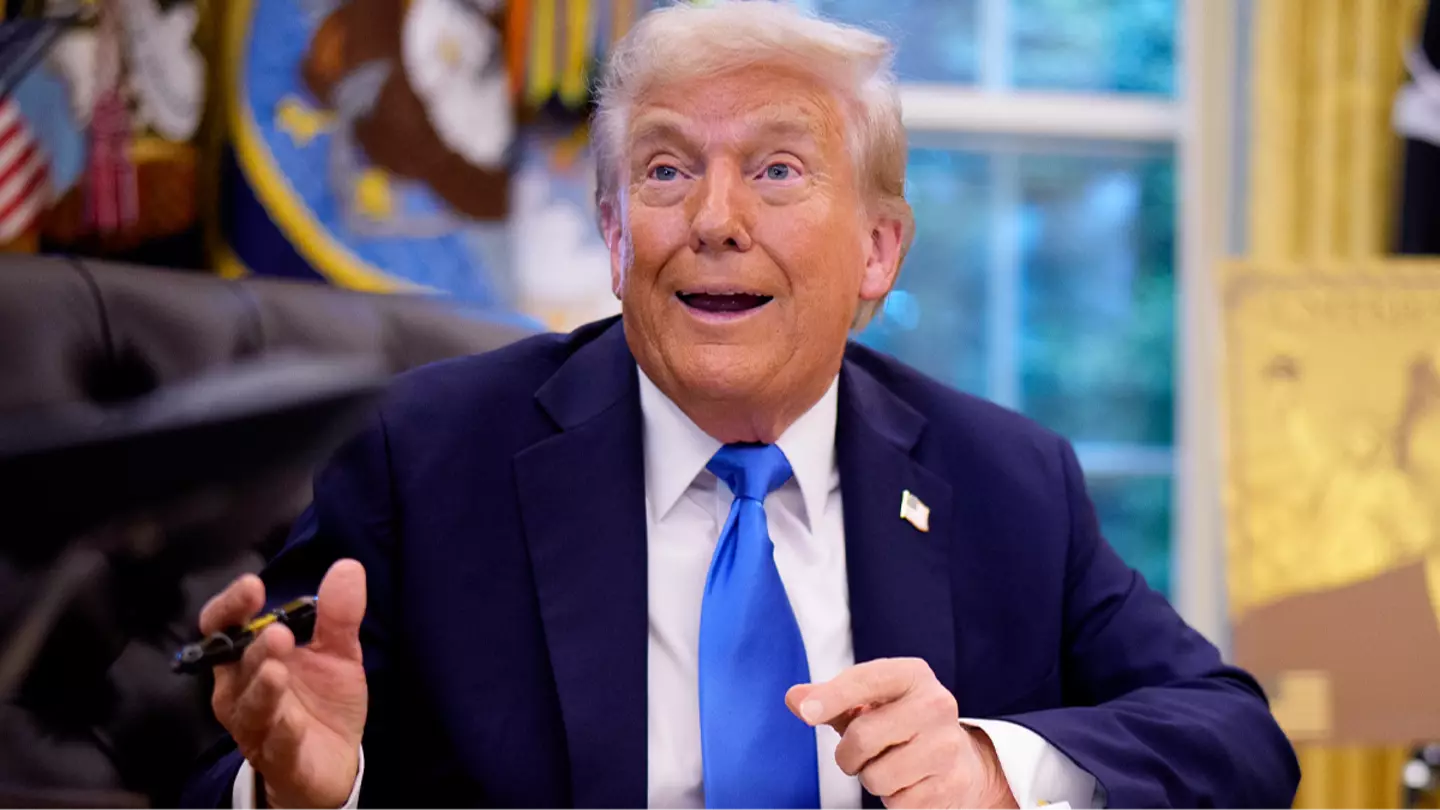A recent executive order by President Donald Trump is poised to significantly affect a specific industry and a particular country. This order targets companies that heavily utilize the H-1B visa program by increasing the fee from $1,500 annually to $100,000.
The H-1B visa program is designed to allow skilled foreign workers to be employed in the United States, mainly in fields like science, engineering, and technology. However, it can also be used for other professions such as modeling, which is how First Lady Melania Trump benefited from it.
Starting tomorrow (September 21), foreign workers on an H-1B visa will not be allowed entry into the U.S. unless their employer pays the increased fee.
The Trump administration claims that this measure is intended to safeguard American jobs and ensure that only the ‘most skilled’ individuals are admitted. However, this move is expected to severely impact the majority of Indian professionals who make up a significant portion of the H-1B workforce.
Indians currently account for over 70% of all H-1B visas. In 2024 alone, more than 200,000 H-1B visas were issued to Indian nationals. If even a small percentage of these visa holders are affected, the financial impact is projected to be enormous, with estimates reaching $6 billion annually.

The financial burden may increase if the fee applies to visa renewals or re-entries, according to some officials. This means that current H-1B holders traveling abroad who need a new visa stamp to return may also be subject to the fee, potentially consuming a large portion of their earnings.
Major tech companies such as Amazon, Microsoft, and Meta, which rely heavily on H-1B talent, are said to have been in discussions about the decision with government representatives, as stated by US Secretary of Commerce Howard Lutnick.
On social media, there is concern about the potential negative impact on the healthcare sector due to this executive order.

“This will be absolutely devastating in the medical field. ~30% residents are international medical graduates & ~10k of 43k residency spots are filled by docs with H1-B visas,” one user commented on Twitter.
“Previously the h-1B fee was <$5,000. No hospital will pay a $100k fee for a $55k resident salary."
Speaking to reporters, Lutnick mentioned: “No more will big tech companies train foreign workers at low cost. They have to pay the government $100,000 and then pay the employee. It’s simply not economical.”
He confirmed that the $100,000 fee for the H-1B visa would be required annually for a period of six years.
Lutnick stated: “The company needs to decide… is the person valuable enough to have a $100,000-a-year payment to the government, or they should head home, and they should go hire an American.”

